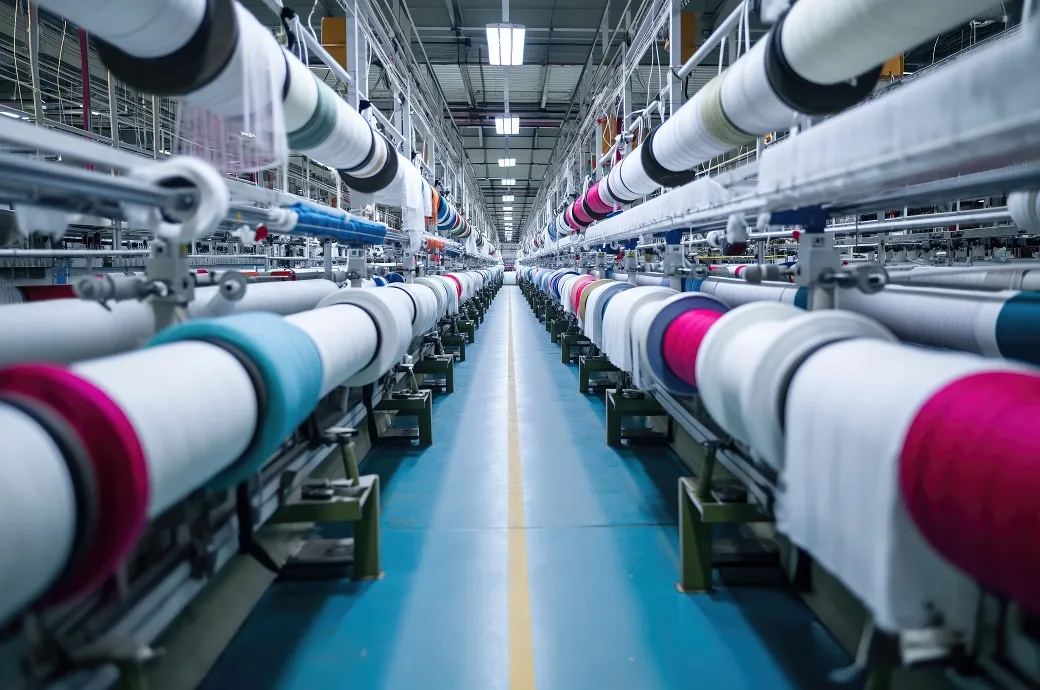The Role of Textile Companies in Driving Sustainable Fashion
In an era where environmental consciousness drives consumer choices, the fashion industry is embracing eco-sustainability like never before. Textile manufacturing companies are at the forefront of this transformation, innovating processes and materials to meet the growing demand for sustainable fabrics in fashion. This article explores how fashion textile companies, fabric producers, and suppliers are contributing to a greener future for fashion.
Summary
- Sustainable Fashion Fabrics
- Eco-Friendly Fashion Fabrics
- Textile Companies and Sustainability
- The Future of Sustainable Fashion
Sustainable Fashion Fabrics
The demand for sustainable fabrics in fashion has reshaped the textile industry. Consumers are no longer satisfied with aesthetics alone; they now expect transparency, ethical practices, and environmental responsibility. Sustainable fashion fabrics, such as organic cotton, recycled polyester, and bamboo fiber, are becoming the gold standard for textile manufacturing companies. These materials not only reduce environmental impact but also ensure durability and comfort.
Fashion fabric producers are leading the way in crafting innovative materials that minimize water usage, chemical processing, and energy consumption. By focusing on closed-loop production systems, these producers are revolutionizing how textiles are manufactured, ensuring that waste is minimized and resources are reused efficiently. This commitment to sustainability is redefining the role of textile companies in the global fashion supply chain, shaping a future where eco-friendly practices are the norm.
Eco-Friendly Fashion Fabrics
Eco-friendly fashion fabrics are at the core of sustainable fashion initiatives. From biodegradable textiles to upcycled materials, the focus has shifted towards reducing the ecological footprint of fabric production. Fashion fabric suppliers are playing a pivotal role by sourcing materials that align with eco-conscious practices. These suppliers work closely with fashion textile companies to ensure that every step, from fiber selection to fabric finishing, adheres to environmental guidelines.
The rise of plant-based fabrics like hemp, linen, and Tencel reflects the industry’s dedication to reducing dependency on synthetic materials. These alternatives are not only sustainable but also biodegradable, making them ideal choices for eco-friendly fashion. Additionally, innovations like waterless dyeing technologies and natural dye applications are further enhancing the sustainability of fabrics. The combined efforts of producers and suppliers ensure that the growing demand for eco-conscious materials is met, ultimately creating a more sustainable fashion industry.
Textile Companies and Sustainability
Textile companies are the driving force behind the shift towards a sustainable fashion industry. By adopting eco-friendly practices, these companies are setting new benchmarks for the production of fashion fabrics. Initiatives such as reducing carbon emissions, implementing renewable energy sources, and investing in sustainable raw materials are now becoming standard for leading textile manufacturing companies.
A prime example is Jersey Lomellina, a renowned fashion textile company that excels in sustainable fabric production. Known for their innovative approach, Jersey Lomellina combines high-quality craftsmanship with eco-conscious techniques, proving that style and sustainability can coexist. The company’s dedication to minimizing environmental impact while delivering premium fabrics has positioned them as a leader in the industry.
These efforts by textile companies highlight how they are not just meeting consumer demands but also addressing global challenges related to environmental preservation. Companies like Jersey Lomellina inspire others to integrate sustainable practices, showing that profitability and sustainability can go hand in hand.
The Future of Sustainable Fashion
The future of sustainable fashion lies in innovation and collaboration. Textile manufacturing companies, fashion fabric producers, and suppliers must work together to create a seamless ecosystem that prioritizes sustainability at every stage. From adopting cutting-edge technologies to utilizing circular economy principles, the possibilities for achieving eco-sustainability in fashion are endless.
Emerging trends such as bio-fabrication and 3D-printed textiles are set to revolutionize the industry, offering solutions that reduce waste and optimize resources. The fusion of innovation, eco-friendly materials, and global collaboration ensures that the fashion world can thrive while respecting the planet. By integrating sustainability into every aspect of production, textile companies are not just shaping the future of fashion but also paving the way for a greener, more responsible industry.
Keep an eye for more latest news & updates on Glamour Tomorrow!






